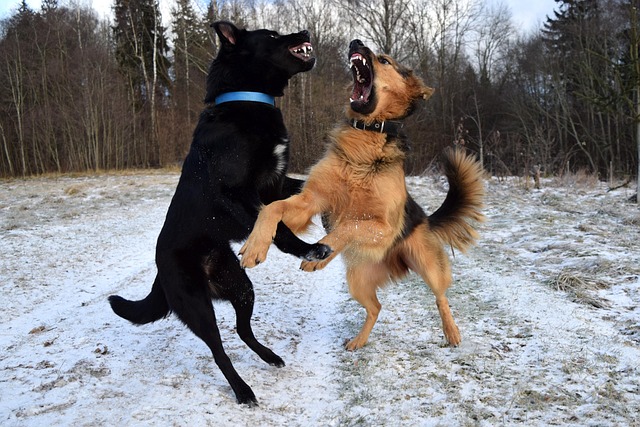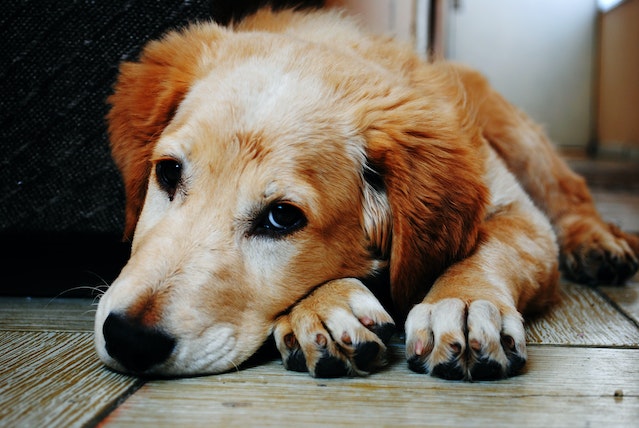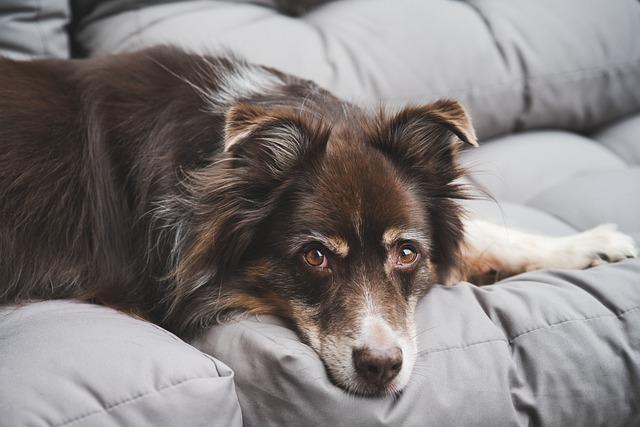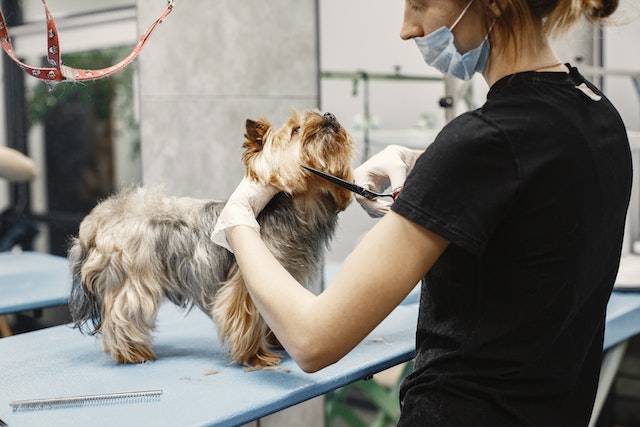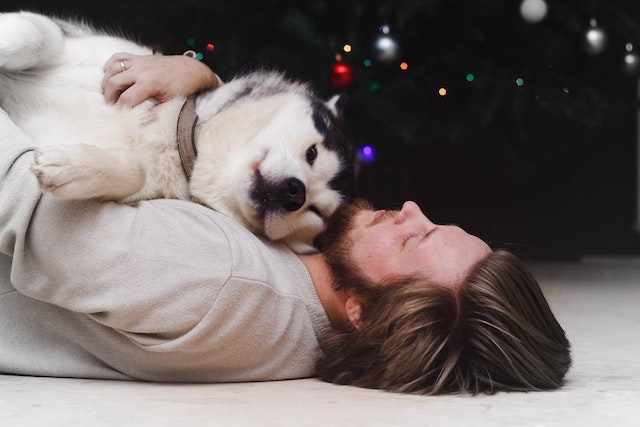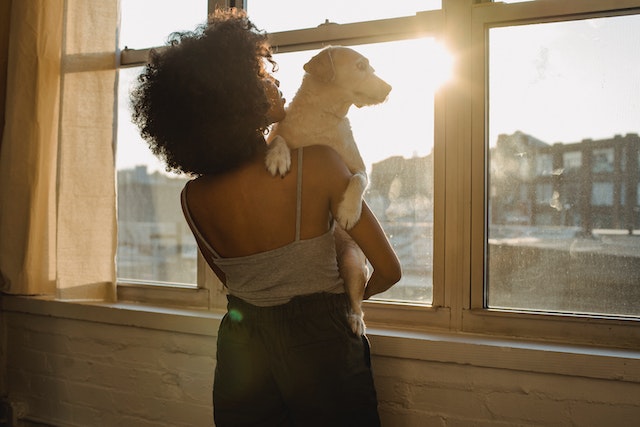Why is my dog aggressive towards other dogs
I have seen people ask this question: “Why is my dog aggressive towards other dogs?” I have also watched a man walk a Pitbull, and the Pitbull saw a small local dog barking at it. The Pitbull was also barking and charging towards the small dog, and the owner was doing everything possible to draw the Pitbull back, but the weight and energy were too much for the owner, and he fell on the ground, and then the Pitbull pounced on the small dog. Unfortunately, the Pitbull bit the small dog to death before letting go.
Although dogs are known for their friendly and social nature, sometimes they display aggressive behavior towards other dogs. This behavior can be due to various reasons, and it can be challenging to understand the underlying cause. Understanding why your dog is aggressive towards other dogs is crucial to resolving the issue and maintaining harmony between dogs. So let’s get into it!
Why is my dog aggressive toward other dogs?
The dog’s aggression can be inherited.
Aggression can be inherited, and some breeds are prone to aggressive behavior. For example, breeds such as Doberman Pinschers, Rottweilers, and Pit Bulls (as in the above story) are more likely to exhibit aggressive behavior towards other dogs. It is essential to research a breed’s temperament before getting a dog to understand their behavior patterns.
Your dog lacks socialization.
Dogs that are not exposed to other dogs or people during the critical socialization period between 3 and 14 weeks of age are more likely to develop aggressive behavior. Socialization involves exposing your dog to various people, places, and other animals to help them develop positive associations.
Fear can cause aggression in dogs.
Dogs can become aggressive when they feel scared or threatened. This fear-based aggression can be due to past traumatic experiences, such as being attacked by another dog. Fearful dogs may become aggressive when they feel cornered or trapped and cannot escape from the situation.
Territorial Aggression
Territorial aggression occurs when a dog feels threatened by the presence of another dog in their territory, such as their home or yard. Dogs may bark, growl, or bite to protect their space.
Possessive Aggression
Dogs can become aggressive when they feel that their resources, such as toys, food, or attention, are being threatened. This type of aggression is commonly seen in dogs that guard their possessions.
Dominance Aggression
Just like the story I cited in the beginning, the Pitbull was clearly trying to prove that it is the dominant breed, and clearly the owner has done really badly in training the dog properly. Dominance aggression occurs when a dog attempts to assert their dominance over other dogs. This type of aggression is often seen in dogs that have not received proper training and leadership.
How do I stop my dog from being aggressive toward other dogs?
Socialization
Socializing your dog at an early age is crucial to prevent aggressive behavior towards other dogs. Exposing your dog to different people, places, and other animals can help them develop positive associations.
Proper Training
Proper training can help prevent aggressive behavior and teach your dog how to behave appropriately around other dogs. Training can involve teaching basic obedience commands, such as “sit,” “stay,” and “come.” It can also involve teaching your dog to walk on a leash and socialize with other dogs in a controlled environment.
Remove anything that may trigger aggression.
Managing your dog’s environment and removing triggers that cause aggressive behavior can help prevent aggressive incidents. For example, if your dog becomes aggressive around other dogs when they are playing with toys, remove the toys from the environment.
Seek professional help.
If your dog’s aggressive behavior towards other dogs cannot be resolved through training and management, seek professional help from a veterinarian or a certified dog behaviorist. They can provide a personalized training plan and medication to help manage the aggressive behavior.
I hope you enjoy reading these behavioral tips from Agawam Dog Park. Please help us by sharing the article on your social media platforms.

